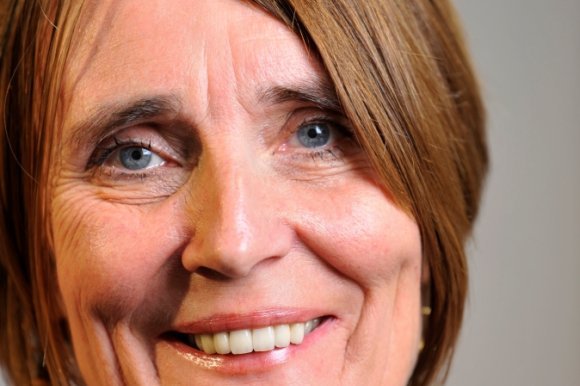Information on the review of the Early Years Foundation Stage carried out by the Dame Tickell review 2011
The Early Years Foundation Stage (EYFS) sets the standards of learning and development for children aged from birth to five years old and was introduced in 2008 as a curriculum framework to replace the earlier “foundation stage” framework and the “birth to three matters”, combining the two. This enabled a focus on children aged birth to five recognising the needs of young children prior to starting school. Early years providers and schools are required to follow the EYFS providing play based learning, partnership with parents and to meet each child’s individual development needs (DfE, 2012). The EYFS is underpinned by four principles, creating the foundations for learning and the seven areas of learning and development. The 2008 EYFS was recently revised in 2012 and again earlier this year, 2014. The Dame Tickell review 2011 revealed gaps and difficulties in practice and these findings led to the revised EYFS in 2012 enduring many changes to improve this
The Dame Tickell review 2011 also suggested that the 69 early learning goals for children to achieve by the end of the foundation stage should be reduced to 17 goals due to a certain amount of overlap (Gaunt, 2011). This has enabled practitioners to have a clearer view of what should be achieved, allowing developmental paperwork to be more accurate to the child’s learning. Practitioners are also given more responsibility in assisting the health visitor during each child’s “two year check”. Tickell recommended that children who attend Early Years settings will be provided with a developmental summary written by their keyworker to share with the health visitor during the two year check. This promotes parent involvement alongside providing the health visitor with background knowledge of the child’s development in regards to the Early Learning Goals. The Early Years Practitioner will have extensive understanding of the EYFS and the goals each child should be working towards, it is the role of the leader in an Early Years Setting to oversee this judgement in development and ensure relevant learning is put into place to better support each child.
However the ” two year check” now places added pressure on the Early Years setting to complete more paperwork in line with the changes made to the EYFS 2012. This added pressure to a staff team can negatively affect the children’s learning, the time taken to complete a developmental summary can impact the learning the child will receive. Early Years practitioner are required to provide the children with vital interaction throughout the day at the setting to encourage and support learning. Department for Education (2014) states “assessment should not entail prolonged breaks from interaction with children, nor require excessive paperwork”, yet in practice many Early Years settings have difficulty in balancing time between paperwork and caring for the children. This can be due to financial difficulty, and employers not being able to pay staff to complete paperwork outside their regular hours of work. Ratios in Early Years settings are tight and there is rarely opportunity for staff to be free to complete admin duties.

